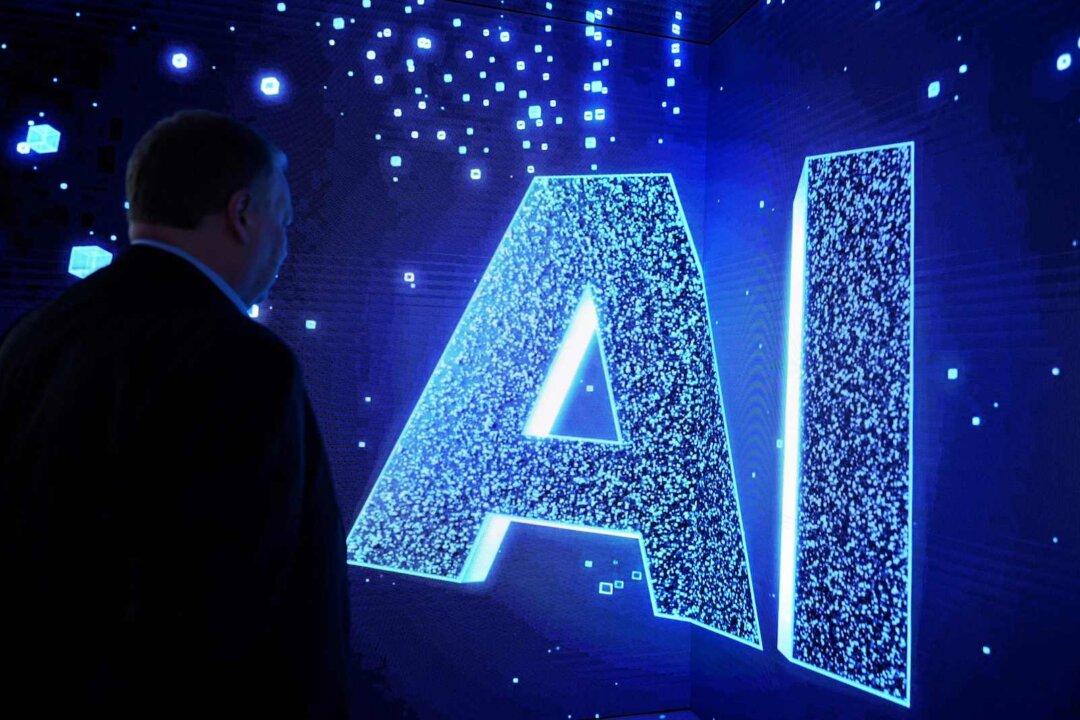Commentary
What parent, relative, or friend these days has not experienced the phenomenon where face-to-face humanity has been lost due to someone being engrossed in their electronic device instead?

What parent, relative, or friend these days has not experienced the phenomenon where face-to-face humanity has been lost due to someone being engrossed in their electronic device instead?